Decoupled Hull Resistance Prediction: A Computationally Aware and Physically Plausible approach for Data-Driven Surrogates
Please login to view abstract download link
Accurate and computationally tractable prediction of calm-water resistance is essential for effective hull-form optimization. While Data-Driven Surrogates (DDSs) provide efficient inference during optimization, their construction is hindered by time-intensive Computational Fluid Dynamics (CFD) simulations and their reliance on parametrization-specific design spaces. We propose a novel surrogate modeling approach that decouples geometry representation from performance prediction using hydrostatic and stability features as input, enabling transfer across parametrizations and parent hulls. This allows leveraging historical CFD datasets and reduces new simulation costs. We validate the proposed pipeline across interpolation, extrapolation, and hybrid enrichment scenarios on three benchmark hulls (KCS, S175, DTC). Results show that the proposed decoupled approach has comparable accuracy to parametrization-based surrogates in interpolation settings, and superior performance in extrapolation scenarios when we enrich historical data sets with problem specific data. This approach represents a step towards improving the generalizability of DDSs for hull-form optimization, reducing the computational cost of building DDSs, and improving the physical interpretability of DDS input features.

